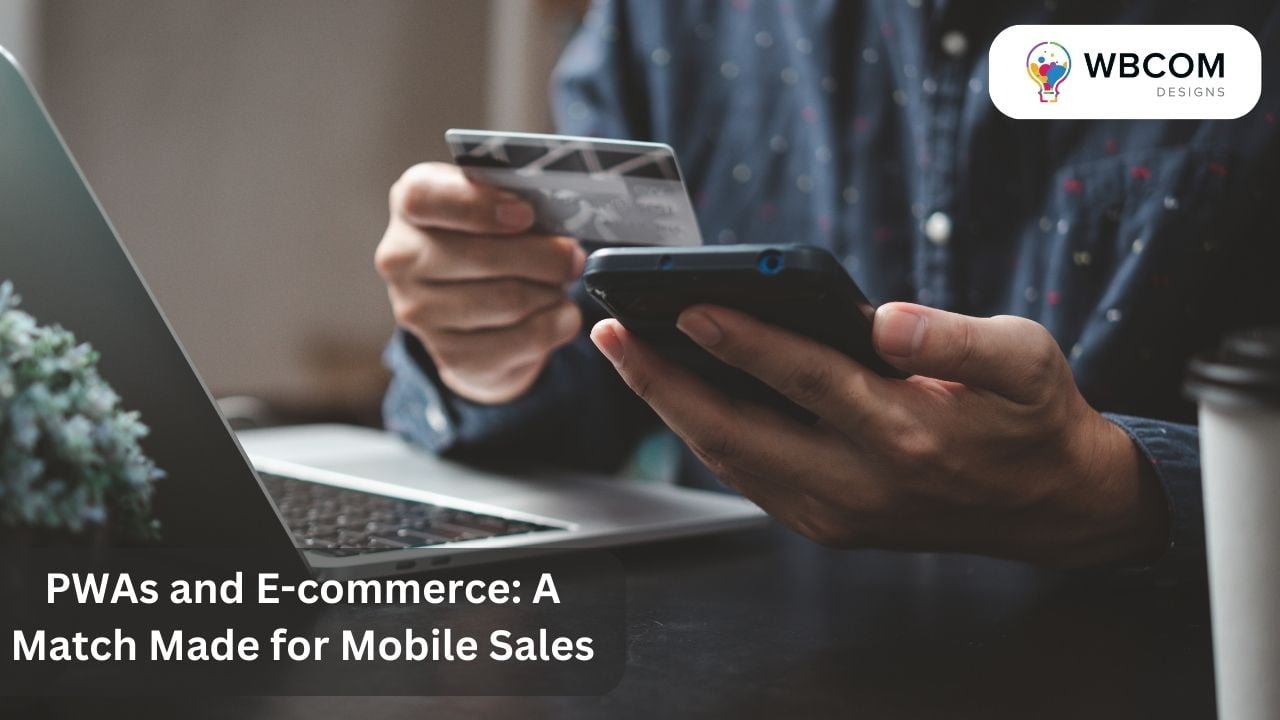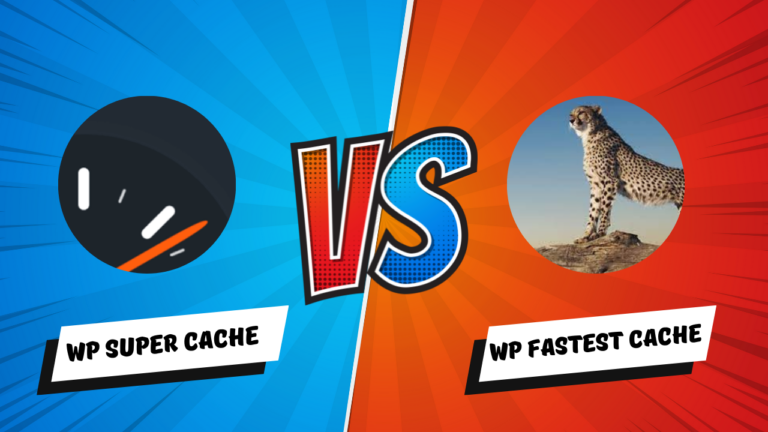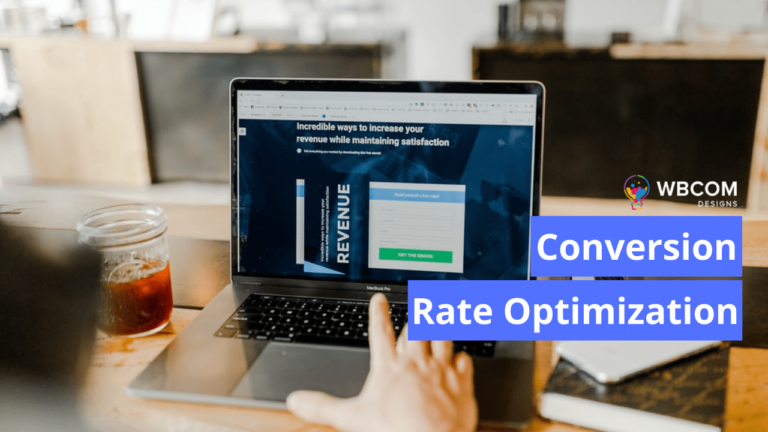As online shopping continues to surge, especially on mobile platforms, the importance of delivering a seamless, efficient, and captivating user experience becomes urgent. PWAs have emerged as a game-changing solution nowadays, especially for e-commerce ventures looking to elevate the mobile shopping experience. It essentially combines the best of both web and mobile applications, offering speed, reliability, and user engagement. The synergy between PWAs and e-commerce not only caters to contemporary consumer demands but also holds the promise of higher mobile sales. Let’s dive in to explore this dynamic potential.
Table of Contents
ToggleWhat are PWAs?
Progressive Web Apps (PWAs) are web applications that leverage modern web capabilities to deliver an app-like experience to users. They are designed to work on any browser and use standard web technologies including HTML, CSS, and JavaScript.
PWAs architecture aims to combine the best of the web and the best of apps, allowing for functionality such as working offline, push notifications, and device hardware access, all of which were previously available only to native apps. It’s designed to operate across any device with a browser that adheres to standard protocols, encompassing both desktop and mobile platforms.
PWAs are Crucial for E-commerce
PWAs (Progressive Web Apps) combine features that take advantage of the advantages of both conventional mobile apps and websites:
1. Not required to install
Without going through app stores, PWAs can be directly accessed and installed from a web browser. This eliminates the restrictions imposed by app store approvals, charges, and rules.
When a user visits a website with PWA capabilities, they’re typically prompted to “Add to Home Screen.” This action essentially “installs” the PWA on the user’s device. Unlike the multi-step process of finding an app on an app store, downloading it, and then installing it, PWAs streamline the user journey. Your e-commerce PWA will be added to the user’s device home screen in a single click.
2. App-like user experience (UX)- PWAs and E-commerce
PWAs are designed with a device-neutral approach. They guarantee a consistent, responsive experience regardless of whether a user accesses a platform via a mobile, tablet, or even larger screen. They adapt to different screen sizes and orientations, ensuring content is presented optimally. Thanks to this standardization, users will experience native app-like interactions, irrespective of the device they’re on.
Many retailers develop dedicated IOS and Android e-commerce apps, frequently prompting mobile website visitors to “download for a better shopping experience”. However, most shoppers are resistant to downloading yet another app to their already crowded smartphones, particularly for platforms they might not engage with daily. Therefore, they might miss out on the special mobile experiences the retailers make.
Also Read: Advantages Of Creating A Community Around Your eCommerce Store
3. Fast Loading Speed- PWAs and E-commerce

Their lightning-fast loading times can be attributed to efficient web caching and minimal storage requirements. Being single-page applications, PWAs front-load most of the content, making any following interactions noticeably brisker.
These present what the user is likely to engage with at that moment, loading content incrementally. When a user taps someplace, only the necessary pieces of the data are loaded from the backend and “take their seats” on the frontend (through JS code). This tailored content delivery ensures quicker load times and provides users with an almost instant response when clicking from one page to the next.
Also Reads: The Top 5 Web Development Trends to Watch
4. Cost-effective development and maintenance
Progressive Web Apps (PWAs) present a cost-efficient approach for businesses. Instead of separately funding a native app, mobile site, and desktop version, companies can invest once in a PWA that functions seamlessly across all devices. This unified approach means a single team can handle development and maintenance, significantly cutting costs.
PWAs utilize a decoupled architecture, separating the front end and backend but connecting them via an API for flexibility. Frontends, often crafted using popular frameworks like React or Vue, interact with backends powered by platforms like Magento 2 or WooCommerce. This structure ensures a centralized data system, simplifying management and enhancing analytics capabilities.
5. Boosted Revenues and Conversions- PWAs and E-commerce
Improved user experience often directly correlates with increased conversion rates. E-commerce PWAs assist businesses in avoiding the common challenges and problems connected with mobile apps, consequently increasing their income streams. The success stories of well-known retail brands provide factual evidence that PWAs are profitable.
For reference: 10 Best AI Sales Tools
As mobile commerce continues to dominate online sales, moving to a PWA not only equips businesses to capitalize on this trend but also positions them a step ahead of competitors.
Also Read: Transform Your Photos into Stunning Cartoons for Social Media Engagement
Success Stories of E-commerce Company Using PWAs
In the e-commerce landscape, Alibaba is a prime example of the transformative power of PWAs. As one of the world’s largest online commerce companies, their move to adopt PWAS was strategic, aiming to enhance user experience, especially for the vast mobile user base.
Recognizing the potential of mobile users, particularly in regions with unreliable network conditions or limited access to high-end smartphones, Alibaba wanted to offer an app-like experience without the limitations of native apps. PWAs provide a rich mobile experience regardless of device or connection quality.
Like other PWAs, Alibaba’s platform allowed for offline browsing, ensuring users could continue their shopping experience even in intermittent network conditions. Additionally, the introduction of push notifications meant Alibaba could keep users informed about deals, offers, and updates in real time.
After transitioning to a PWA, Alibaba saw an impressive 76% rise in total conversions across browsers a monthly active user increase of 14% on iOS and 30% on Android.
Want to know more about Why AI Tools are Essential for Business Growth: A Comprehensive!
To sum up, it is undeniable that there is a symbiotic relationship between PWAs and e-commerce in today’s digital era. As mobile commerce continues its meteoric rise, businesses need solutions that seamlessly blend the best of web and app experiences. PWAs step into this space, offering rapid load times, offline capabilities, and app-like interfaces without the constraints of traditional app stores. For e-commerce ventures, this means higher user engagement, increased conversion rates, and improved revenue streams. Simply put, in the quest to dominate online retail and deliver unparalleled user experiences, PWAs are not just beneficial; they’re essential.
Interesting Reads:
Six Successful Progressive Web Apps (PWA) You Need To Know About
5 Types of Magento Solutions for a Digital-First Commerce Business







